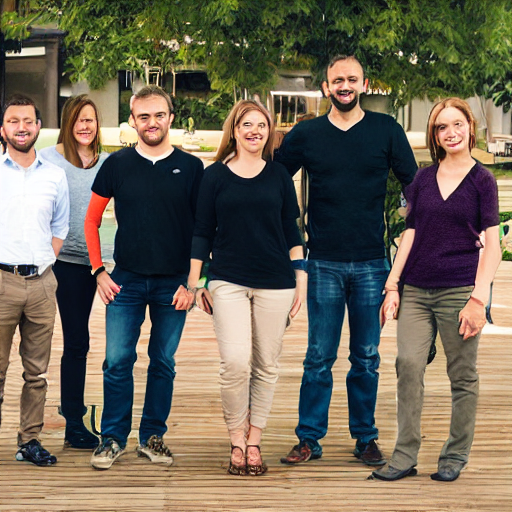

In today’s digital landscape, a robust online advertising strategy is no longer a luxury; it’s a necessity. Google Ads, formerly known as AdWords, remain one of the most powerful platforms for reaching potential customers. However, managing a successful Google Ads campaign is a complex undertaking. Businesses face a critical decision: should they leverage the expertise of a Google Ad Management Agency or build an in-house team? This comprehensive exploration delves into the intricacies of both approaches, analyzing key factors like cost, expertise, scalability, risk management, and ultimately, determining which option delivers the most effective results. We’ll dissect the nuances of each model to help you make an informed choice that aligns with your business goals and resources.
The rise of digital marketing has created a surge in demand for skilled professionals capable of navigating the ever-changing world of online advertising. While some companies possess the internal resources and knowledge to manage Google Ads campaigns effectively, many find it challenging. Google Ads is a sophisticated platform with intricate algorithms, bidding strategies, and reporting metrics. Without dedicated expertise, businesses risk wasted ad spend, suboptimal campaign performance, and missed opportunities. This comparison isn’t simply about cost; it’s about strategic alignment, efficiency, and the ability to consistently achieve a strong return on investment (ROI).
Building an in-house team for Google Ad Management offers a certain level of control and familiarity. Let’s examine the potential benefits:
Despite the advantages, building and maintaining an in-house Google Ads team comes with significant challenges:
Google Ad Management Agencies offer a compelling alternative, particularly for businesses lacking the in-house resources or expertise. Let’s explore the reasons why agencies are becoming increasingly popular:
While agencies provide significant benefits, it’s essential to acknowledge the potential drawbacks:
| Feature | In-House Team | Google Ad Management Agency |
|---|---|---|
| Expertise Level | Variable, requires significant investment in training | Highly specialized, deep expertise across Google Ads |
| Cost (Initial) | High (salaries, training, equipment) | Lower (retainer or performance-based fees) |
| Cost (Ongoing) | Variable, depends on team size and overhead | Predictable, based on agreed-upon fees |
| Scalability | Difficult to scale quickly | Highly scalable, adaptable to changing needs |
| Reporting & Analysis | Requires in-house data analysis skills | Provides detailed, data-driven reports and insights |
| Risk Management | Responsibility lies solely within the company | Agency assumes responsibility for campaign optimization and risk mitigation |
Ultimately, the decision of whether to hire an in-house Google Ads team or partner with a Google Ad Management Agency depends on your business’s specific needs, budget, and resources. If you have the internal expertise and resources, an in-house team might be suitable. However, for most businesses, a reputable Google Ad Management Agency offers a more cost-effective and efficient solution, providing access to specialized expertise, data-driven strategies, and scalable support.
It’s important to conduct thorough research, compare agency portfolios and pricing, and establish clear communication channels before making a decision. A successful partnership—whether with an agency or an in-house team—is built on trust, transparency, and a shared commitment to achieving your marketing goals.
Consider conducting a ROI analysis comparing the costs of both options to help you make the most informed choice.
Don’t hesitate to ask potential partners about their case studies and client testimonials to gain valuable insights into their capabilities and performance.
Tags: Google Ads, Ad Management Agency, In-House Team, PPC, Digital Marketing, ROI, Cost Effectiveness, Expertise, Scalability, Risk Management
0 Comments